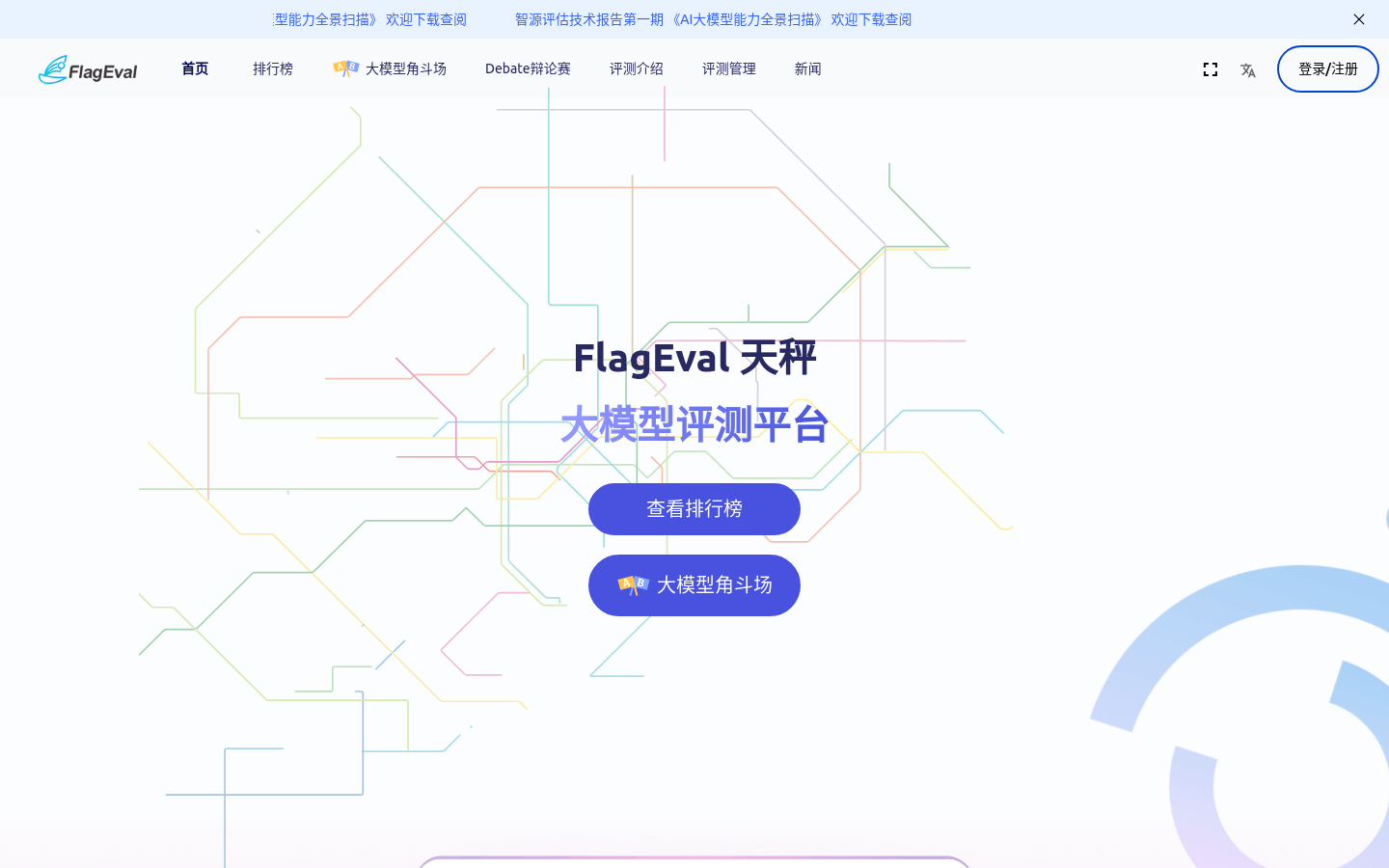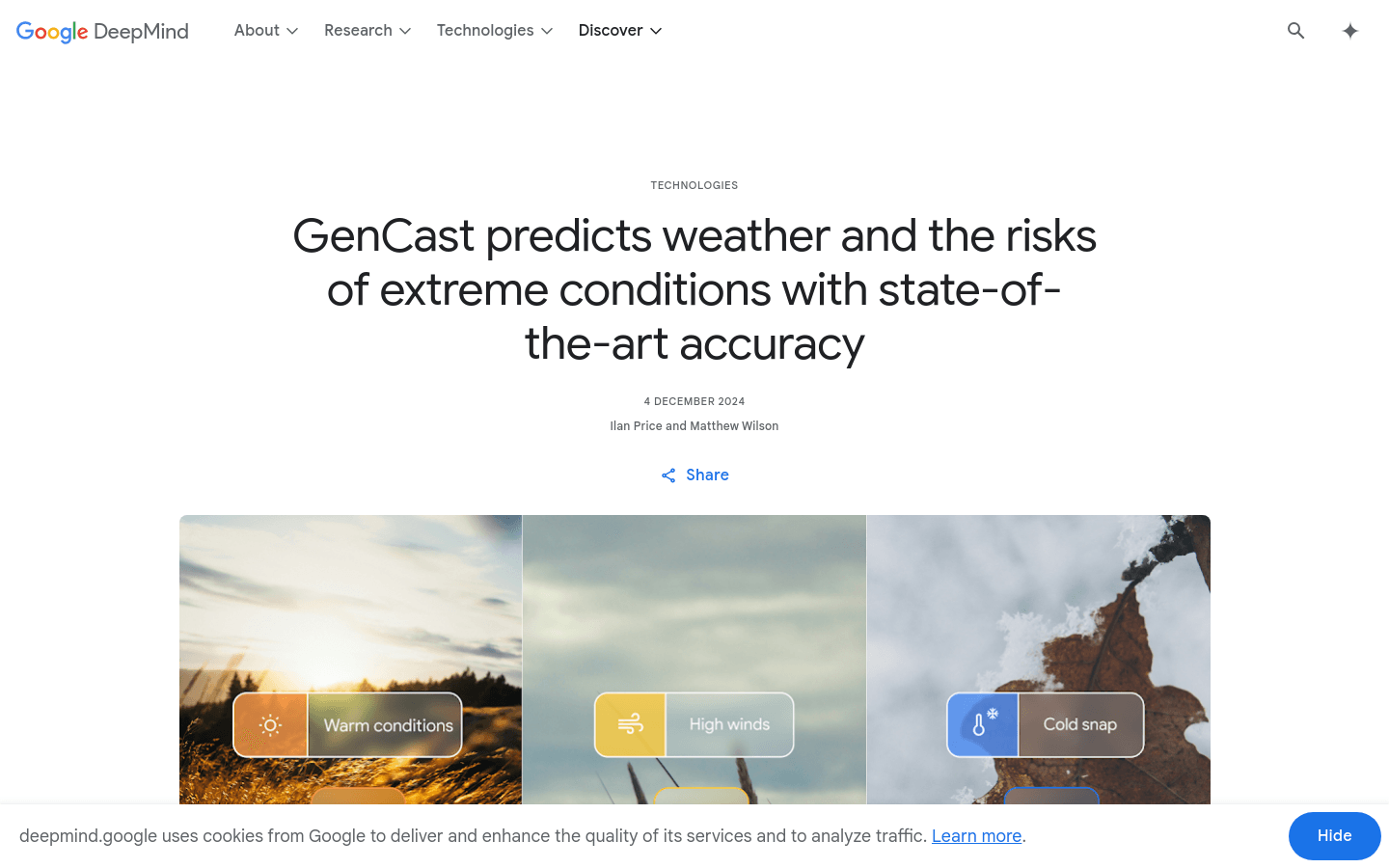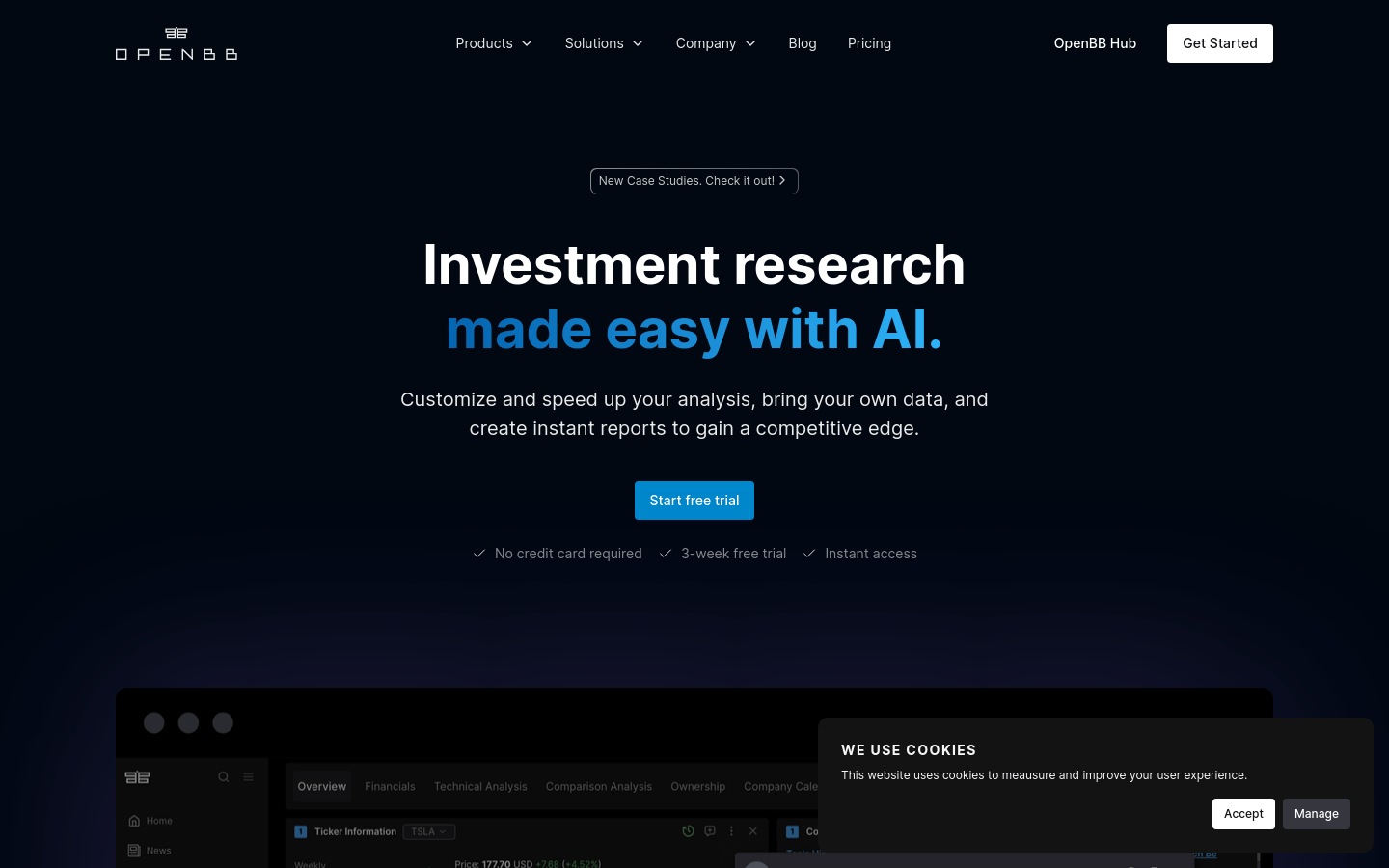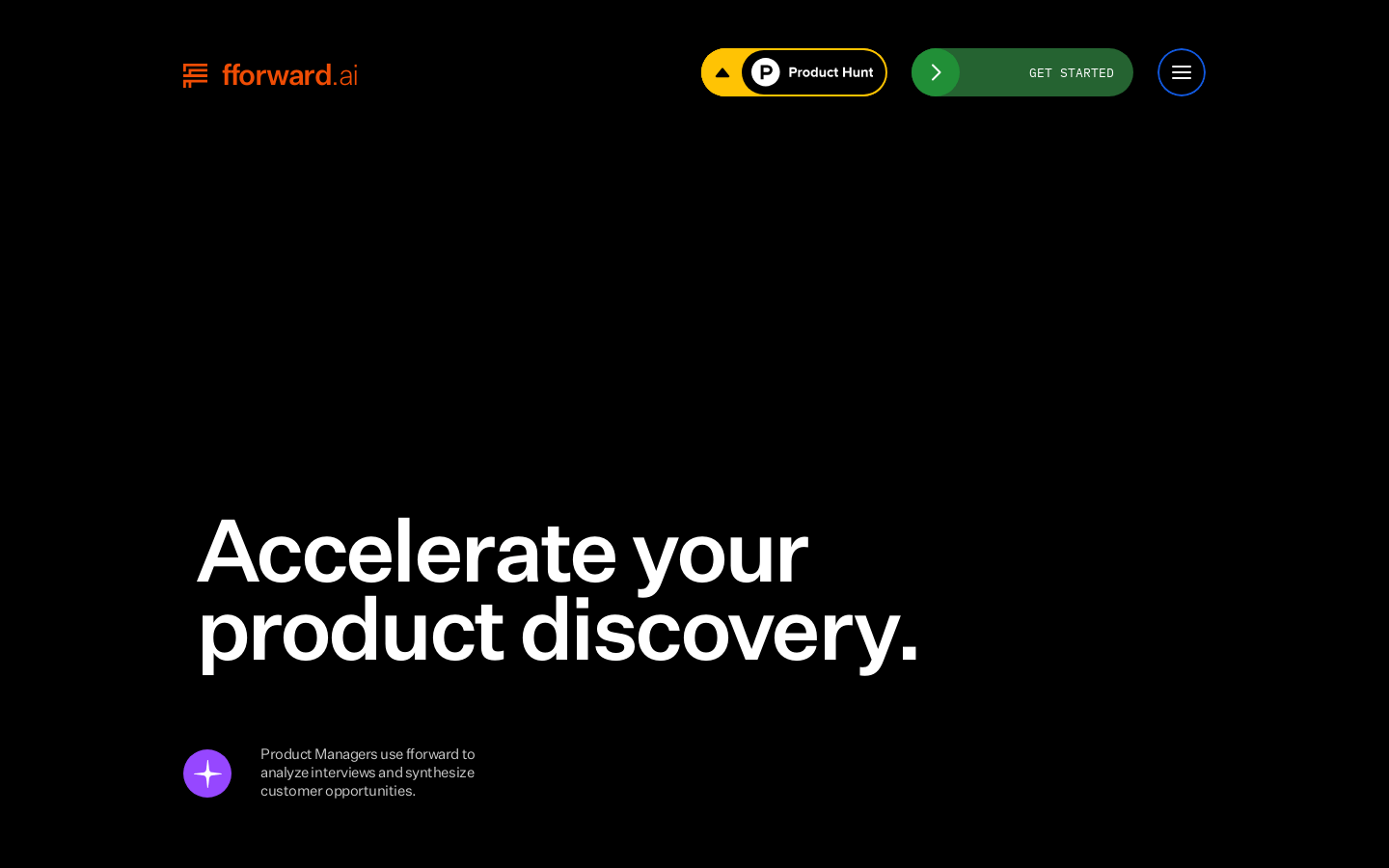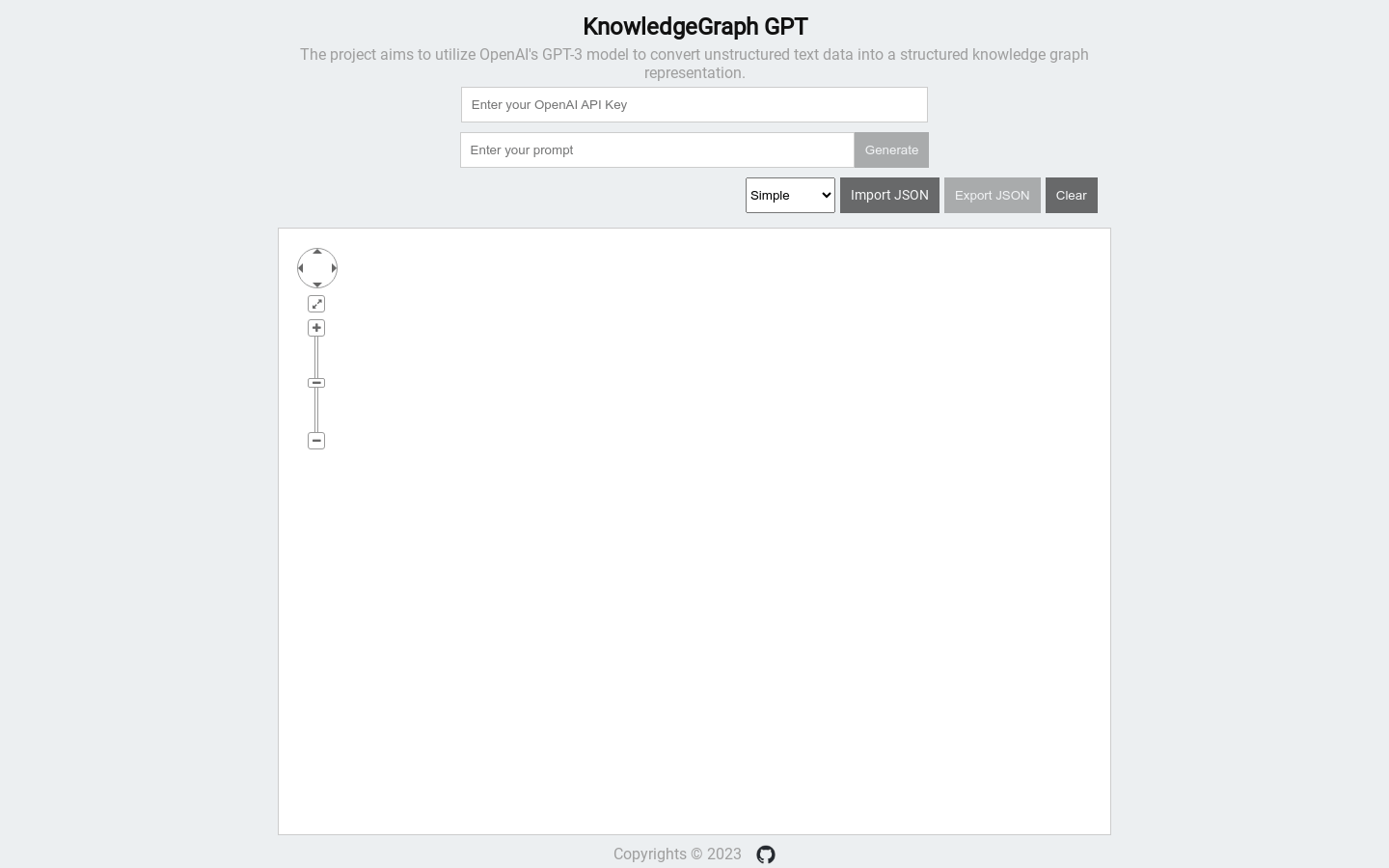🔧
other Category
research tools
Found 49 AI tools
49
tools
Primary Category: other
Subcategory: research tools
Found 49 matching tools
Related AI Tools
Click any tool to view details
Related Subcategories
Explore other subcategories under other Other Categories
🔧
Explore More other Tools
research tools Hot other is a popular subcategory under 49 quality AI tools















